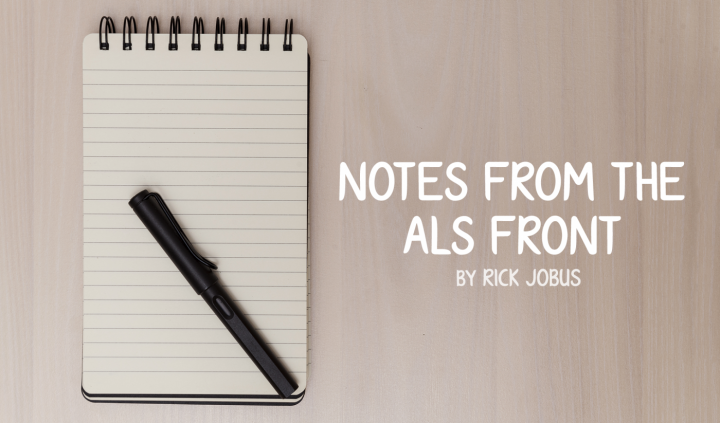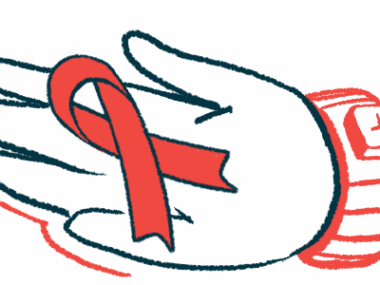Houston, We Have a Problem
Written by |

The hubbub percolating around the SpaceX launch last weekend reminded me of the role a committed and engaged support team plays in averting and staving off peril.
In any successful outcome to a human hostage confrontation, two common strategies unfold. First, ensure survival of the ordeal. Second, extract the victims no worse for wear.
Similarly, in the face of a natural disaster, such as a hurricane, safe shelter from the storm and an eventual return to normalcy are always sought. Rarely in the face of such danger does an individual emerge intact without profound tethered assistance from an impassioned support network.
However, in the case of an ineffectual or apathetic outside agency offering aid, a calamitous outcome is likely. Take the fictional saga of David Bowie’s Major Tom. The major is informed by ground control, “Your circuit’s dead, there’s something wrong.” Major Tom quickly realizes that, “Here am I floating ’round my tin can, … and there’s nothing I can do.”
As a powerless ground control monitors him in a follow-up song, “Ashes to Ashes,” Major Tom goes from funk to funky, and submits, “The shrieking of nothing is killing.” In a final installment in “Hallo Spaceboy,” ground control observes his “silhouette is so stationary” before Major Tom realizes that the “chaos is killing me.”
Major Tom’s plight is eerily familiar to the ALS community. We are fully aware of our destiny. The forced idleness, and bodily atrophy that accompanies it, are maddening. All attempts at “ground control” intervention prove cruelly futile.
In the book “The Complete David Bowie,” when speaking about Major Tom, Bowie unknowingly summarized the ALS ecosystem: “Now we’ve found out that he’s under some kind of realization that the whole process that got him up there had decayed, was born out of decay; it has decayed him, and he’s in the process of decaying.” ALS is decay personified. It’s the antithesis of survive and recover.
The decay occurs despite the presence of a makeshift ground control. Mechanisms are in place to maintain us as best as possible, while striving for a way to make us better. Tragically, both are failing us and in serious need of fixing.
For those of us suffering from ALS, our existence is best maintained by medical and custodial care. In 2001, Congress recognized the unique ferocity and speed of ALS and passed a bipartisan bill waiving the standard two-year waiting period before people with the disease, upon being determined disabled, become eligible for Medicare. Only end-stage renal disease is likewise differentiated.
Once covered by Medicare, free home healthcare and aide service can be forthcoming. To avail oneself of this statutory benefit, a patient must:
-
Be under a physician’s care
-
Be homebound
-
Have a medical necessity requiring intermittent, skilled professional attention
Sooner rather than later, every ALS sufferer will meet those criteria. The good news is there is no limit on the duration of covered care, and its continuation is not dependent upon condition improvement.
The bad news is that there is a fourth, unwritten requirement before a covered home may commence. A home health agency (HHA) willing to be paid under Medicare’s reimbursement rules must be found.
Medicare pays a fixed amount for every 60-day, approved episode of care. That amount is irrespective of the number and mix of care hours. ALS, particularly in later stages, requires more hours. This naturally translates into less agency profit. Which, in turn, fuels a reluctance to take on episodic ALS patients.
I recently experienced this when my HHA of over two years discontinued service. After being summarily refused care by every Medicare-certified agency in my area — over 20 — I was forced into a private pay alternative, translating into less care, due to financial constraints. I am awaiting a response from my elected officials to my suggestion that a separate reimbursement protocol be established for ALS home care.
The search-for-a-cure portion of the ALS ground control consists of various elements. On the front end there is therapeutic research and development. The back end will hopefully be affordable, ready access for all. Smack dab in the middle looms the labyrinthian prospect of FDA approval.
Advocacy groups past and present have been lobbying to streamline this process so that no loss of life results from bureaucratic lunacy. Groups such as No More Excuses! FDA and ALSA Protest, and before them, Hope NOW for ALS, are campaigning for early access to ALS treatments of promise. Media coverage, in the form of national and regional publications, has been secured. In 2015, I received some local attention for mounting an individual awareness initiative seeking systemic reform.
Our ground control is broken beyond any utility. We need to demand a different outcome to our journey. Like “Star Trek,” we need to “boldly go where no man has gone before”: survival and restoration from ALS.
***
Note: ALS News Today is strictly a news and information website about the disease. It does not provide medical advice, diagnosis, or treatment. This content is not intended to be a substitute for professional medical advice, diagnosis, or treatment. Always seek the advice of your physician or other qualified health provider with any questions you may have regarding a medical condition. Never disregard professional medical advice or delay in seeking it because of something you have read on this website. The opinions expressed in this column are not those of ALS News Today or its parent company, Bionews Services, and are intended to spark discussion about issues pertaining to ALS.






Debbie Chalk
My husband died within 3 months of being diagnosed. He progressed so quickly. It was like a roller coaster going down a moutain. My heart goes out to anyone battling this horrific disease. This article really sums it up
Cindy
Perfectly stated, Rick.
Always appreciate your musical tie-ins. Without music where would we be?